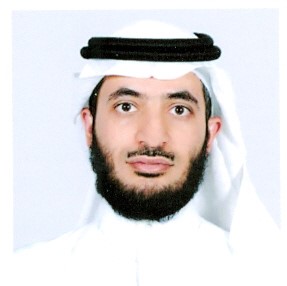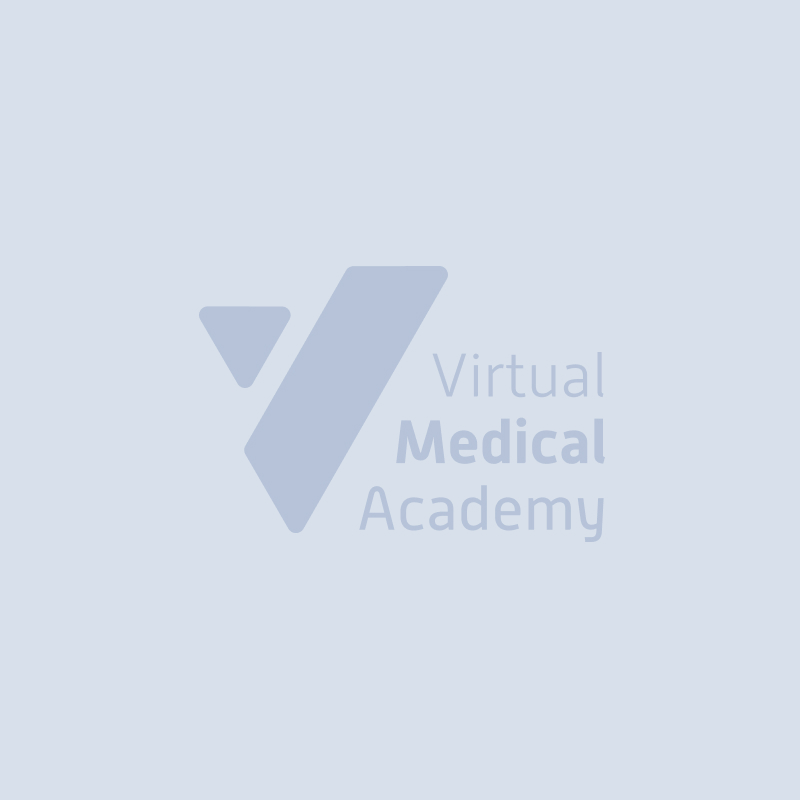Introduction
Managing cancer and living meaningfully (CALM) is a brief, semi-structured individual intervention designed to alleviate distress and promote psychological growth in individuals with advanced disease. This intervention emerged from a longitudinal program of research and from the theoretical traditions of relational, attachment, and existential theory. Through a process that supports affect regulation, attachment security, and reflective functioning, CALM focuses on four content domains:
1. Symptom management and communication with healthcare providers
2. Changes in self and relations with close others
3. Sense of meaning and purpose
4. Sense of the future and mortality.
Qualitative research has shown that cancer patients experience the structure of CALM as a safe place to explore fears, to be seen in human terms, and face the challenges of advancing disease. Quantitative studies have shown that CALM leads to a reduction in depressive symptoms and death anxiety and an increase in spiritual well-being. (Rodin G, 2015).
Objectives
By the end of the workshop, learners will be able to:
- Describe the fundamental psychological distress that advanced cancer patients face.
- Illustrate the four facets of distress that advanced cancer patients face from (Managing Cancer and Living Meaningfully) CALM therapy point of view.
- Demonstrate the preliminary skills to manage distressed advanced cancer patients from (Managing Cancer and Living Meaningfully) CALM therapy perspective.
Main theme
يركز العلاج على محتوى أربعة مجالات:
- التدبير العلاجي للأعراض، والتواصل الفعال مع مقدمي الرعاية الصحية
- التغييرات في الذات والعلاقات مع الأشخاص المقربين
- الروحانية والإحساس بوجود معنى وغاية نبيلة للحياة
- التفكير بشأن المستقبل والأمل والوفاة
This Course For :
Speaker
Price
Course Fee
Full Course
 138
138 See Registration Policies, Cancellations & Refunds
Contact Information
Organization : Virtual Medical AcademyPhone : 920008161
Email : [email protected]
 138
138
VAT Included
 29 Aug 2022 To 29 Aug 2022
29 Aug 2022 To 29 Aug 2022  Certificate Available
Certificate Available  SCFHS 3 CME hours
SCFHS 3 CME hours
CME Online
Online
- 59




